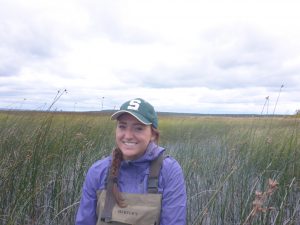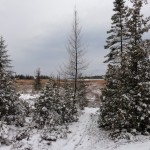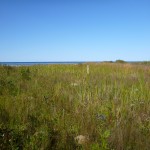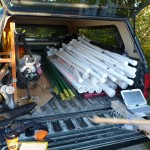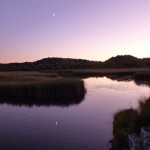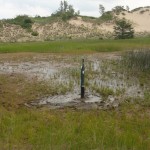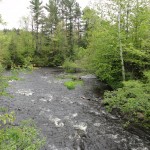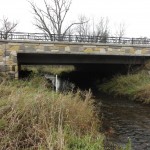We are seeking postdoctoral scientists to conduct integrated surface and groundwater modeling at regional scales at the University of Texas at Dallas (two positions) and Michigan State University (one position). Through these collaborative hires, Drs. David Hyndman (UTD) and Anthony Kendall (MSU) seek to create a core of scientific and modeling expertise, leading and enhancing the work of a vibrant team of graduate and undergraduate students. We have several collaborative research projects with researchers at multiple universities; projects include:
- Understanding the hydrologic footprint of irrigated agricultural practices across the US, using model / data synthesis to understand paths toward sustainability.
- Fusing integrated hydrologic models with remote sensing estimates of water storage to develop nowcast and reanalysis of groundwater levels and streamflow across the Great Lakes Region.
- Quantifying the combined effects of changes in land use and climate on hydrology across a region experiencing rapid urbanization.
- Developing hydrology, energy, agriculture, and ecosystem models to better understand the footprint of solar arrays, which are being rapidly installed in agricultural lands.
Applicants must have expertise in programming (such as Python, MATLAB, R, or FORTRAN), and a strong publication record. Prior hydrologic modeling experience is also required. Familiarity with groundwater modeling, data science, and spatial data analysis are desired.
The initial positions are for one year (renewable based on performance). The MSU position will be a Postdoctoral Research Associate, with a long-term growth trajectory that could include promotion to Research Assistant Professor. At UTD, we are hiring at the Research Scientist level, however exceptional candidates with a strong record of successful grants may be hired as a Research Assistant Professor. These positions require writing peer-reviewed publications and research proposals to extend their position and help grow this interdisciplinary research team.
To apply, please submit: 1) an application letter detailing research interests and experiences, 2) a curriculum vitae, and 3) names and contact information for 3 references at:
- UT Dallas: Research Scientist (https://jobs.utdallas.edu/postings/24731), or Research Assistant Professor (https://jobs.utdallas.edu/hr/postings/24711)
- MSU (careers.msu.edu, posting #820561).
Please apply for only one of these positions. The search will remain open until suitable candidates are found, with a primary review of applications beginning on January 15, 2024. We will continue to review applicants after that date as well. For more information on the research conducted by this group, please visit hydrogeology.msu.edu. For other inquiries email Dr. Anthony Kendall at MSU (kendal30@msu.edu).
University of Texas at Dallas and Michigan State University are Equal Employment Opportunity/Affirmative Action employers. All qualified applicants will receive consideration for employment without regard to race, color, religion, sex, national origin, disability or protected veteran status or any other characteristic protected by law and University policies.
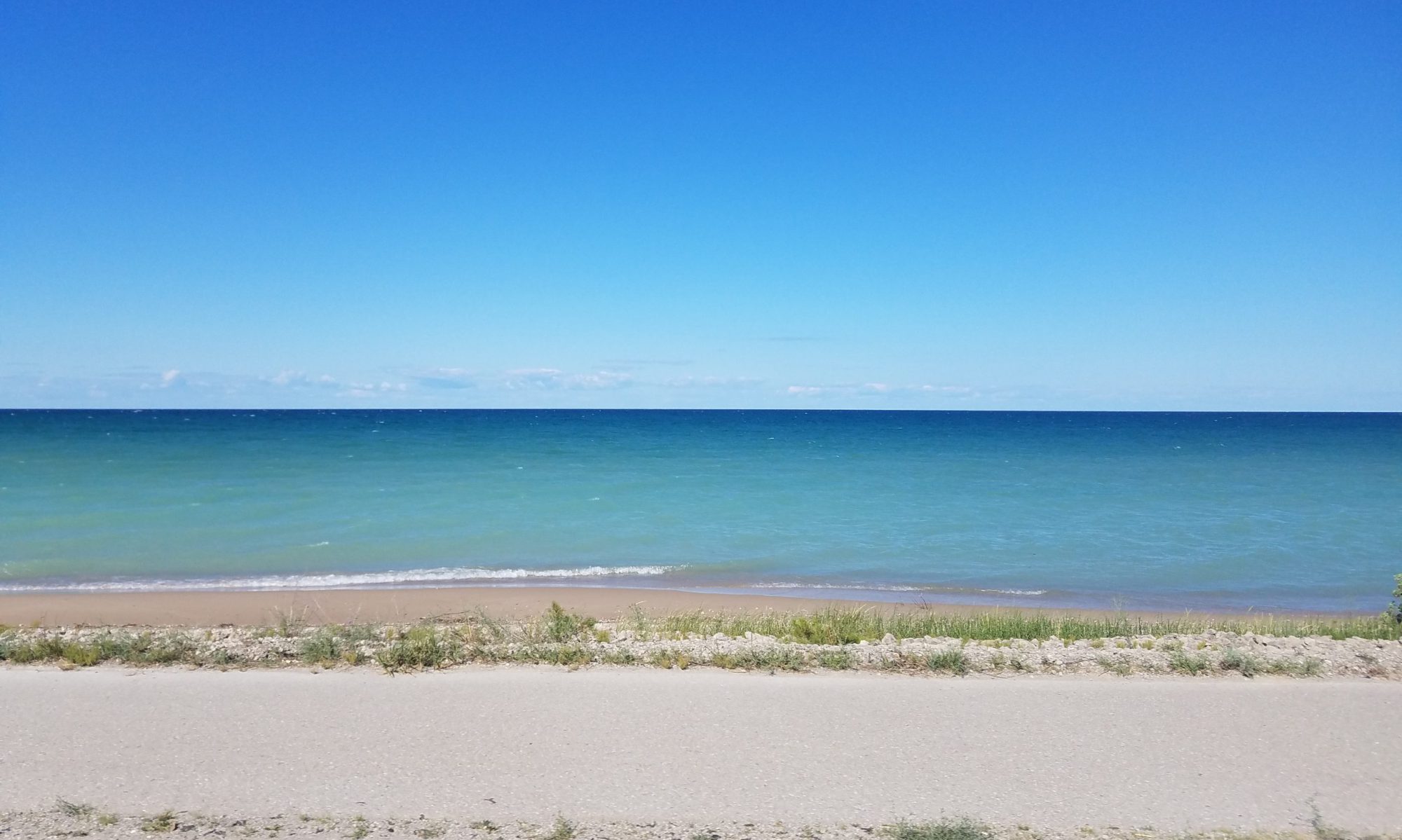
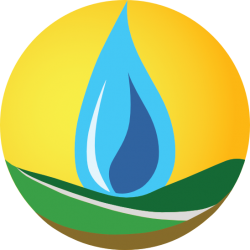
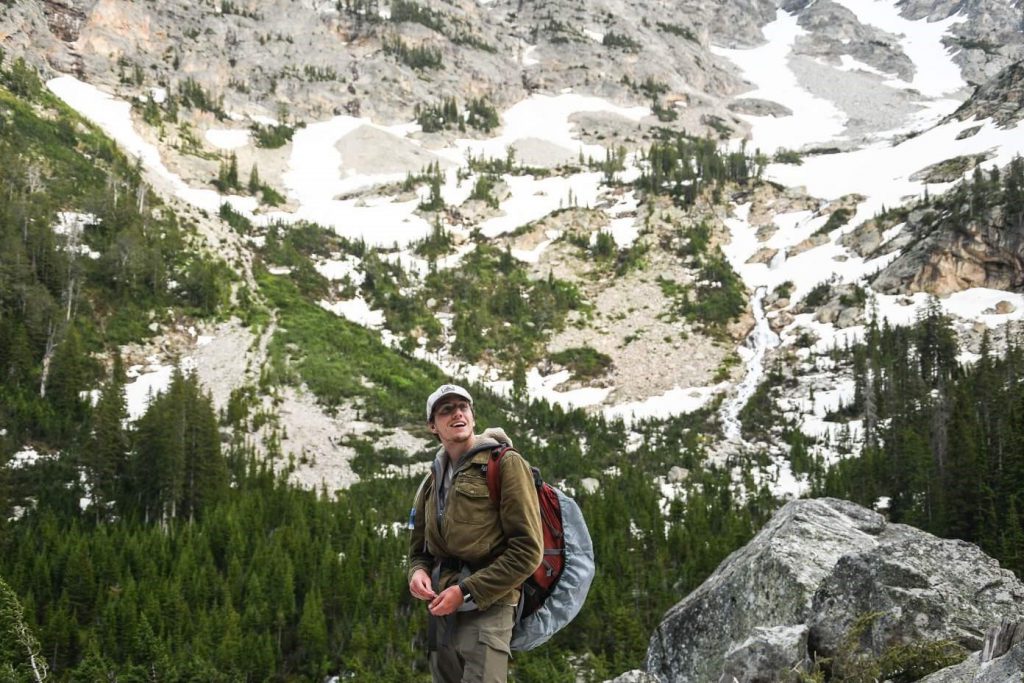
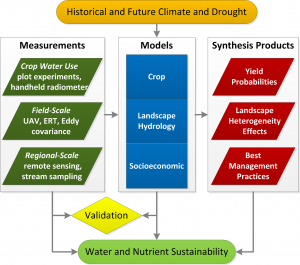

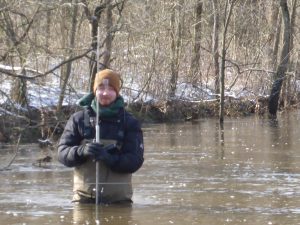
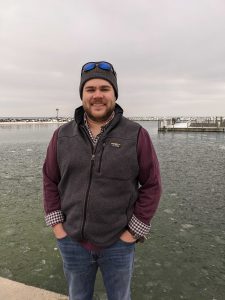 I am a PhD candidate in the hydrogeology lab and a student intern with the U.S. Geological Survey’s Upper Midwest Water Science Center in Lansing, MI. My research focuses on better understating water quality and water resources in the Great Lakes though integration of field and remotely sensed data with process-based hydrologic models. My work is focused in two primary research areas: 1) investigating the landscape characteristics and hydrologic processes controlling stream chemistry, with a focus on anthropogenic nutrients and, 2) interactions between the Great Lakes and Michigan’s terrestrial groundwater. I am also interested in the fate and transport of emerging contaminants, and how surface water-groundwater interactions affect aquatic habitats in both streams and wetlands. In addition to my current work, I am actively interested in connecting hunter- and angler-based conservation organizations to academic research hydrology and water quality, to advance habitat protection and restoration efforts.
I am a PhD candidate in the hydrogeology lab and a student intern with the U.S. Geological Survey’s Upper Midwest Water Science Center in Lansing, MI. My research focuses on better understating water quality and water resources in the Great Lakes though integration of field and remotely sensed data with process-based hydrologic models. My work is focused in two primary research areas: 1) investigating the landscape characteristics and hydrologic processes controlling stream chemistry, with a focus on anthropogenic nutrients and, 2) interactions between the Great Lakes and Michigan’s terrestrial groundwater. I am also interested in the fate and transport of emerging contaminants, and how surface water-groundwater interactions affect aquatic habitats in both streams and wetlands. In addition to my current work, I am actively interested in connecting hunter- and angler-based conservation organizations to academic research hydrology and water quality, to advance habitat protection and restoration efforts.